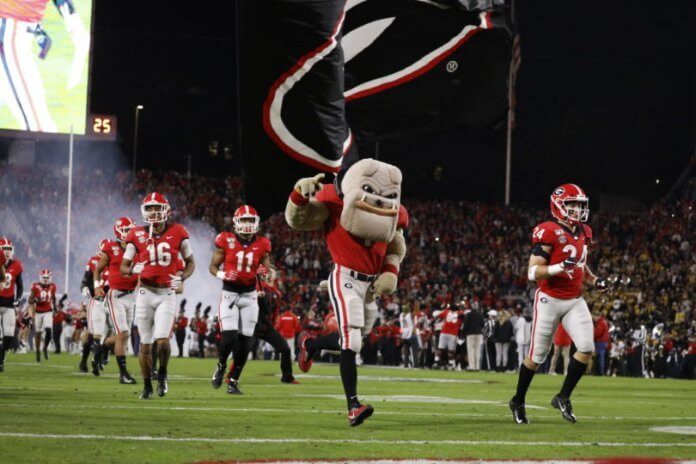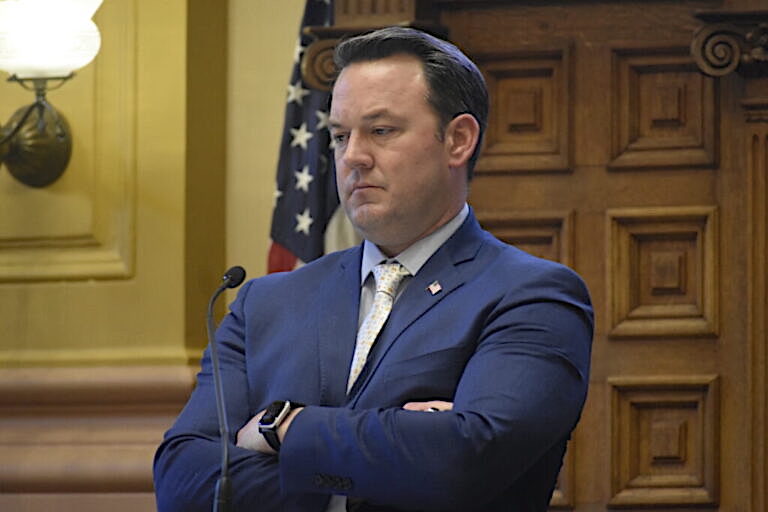WASHINGTON (States Newsroom) — On Thursday, President Donald Trump signed an executive order prohibiting payments to collegiate athletes from university boosters and certain other private-sector donors.
In 2021, the NCAA modified its regulations to permit athletes to make money off of their own name, image, and likeness, or NIL. Third-party payments from boosters and other private donors have created a chaotic atmosphere that jeopardizes the structural and financial sustainability of college athletics, according to a White House fact sheet released Thursday.
“Athlete compensation, pay-for-play recruiting inducements, and transfers between universities have been eliminated due to waves of recent litigation against collegiate athletics governing rules, unleashing a sea change that threatens the viability of college sports,” the ruling stated.
States have different laws, and there isn’t a nationwide NIL statute. The terms of a roughly $2.8 billion antitrust settlement were authorized by a federal judge in June, opening the door for schools to pay players directly.
The executive order stated that most collegiate sports are in grave danger due to the inability to maintain appropriate standards and guardrails, even while improvements that give student-athletes more perks and flexibility were long overdue and should be kept in place.
The White House fact sheet states that legitimate, fair-market-value remuneration that a third party gives an athlete, as for a brand endorsement, is exempt from the order’s ban on third-party, pay-for-play payments.
In addition, the order calls on the National Labor Relations Board and the Secretary of Labor to provide clarification on the status of college athletes and aims to maintain and increase scholarship and collegiate athletic competition opportunities in women’s and non-revenue sports.
Two U.S. House panels adopted a bill the day before the order, which would prohibit college athletes from being considered employees and establish a nationwide framework for their compensation.
The House Energy and Commerce and Education and Workforce committees, which have respective jurisdictions, passed the Student Compensation and Opportunity through Rights and Endorsements Act, or SCORE Act.

 by
by 

